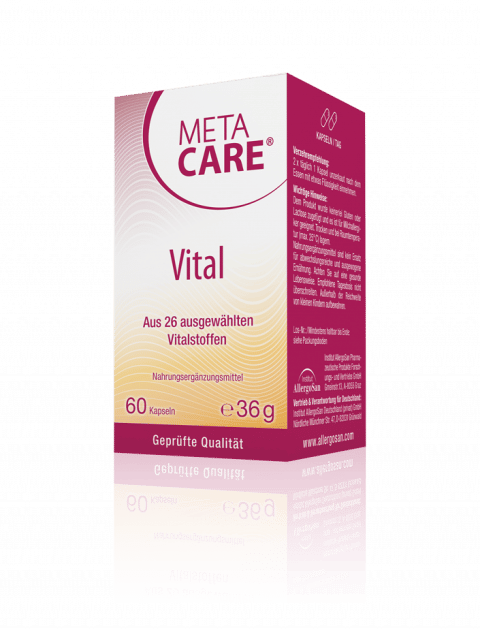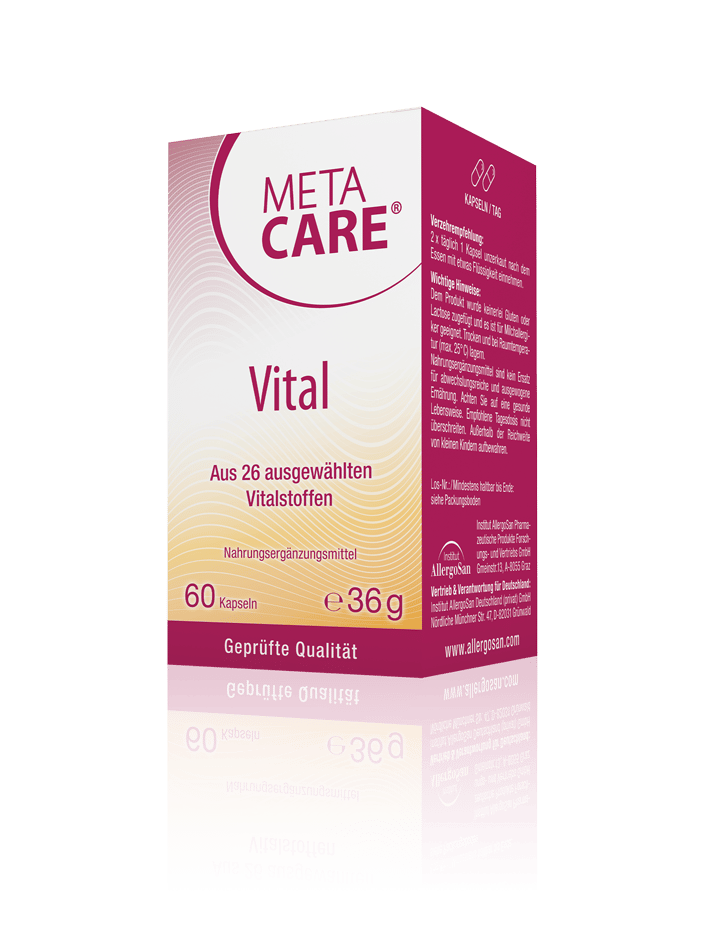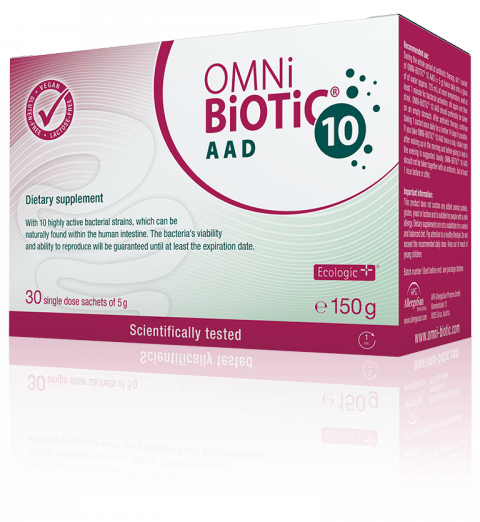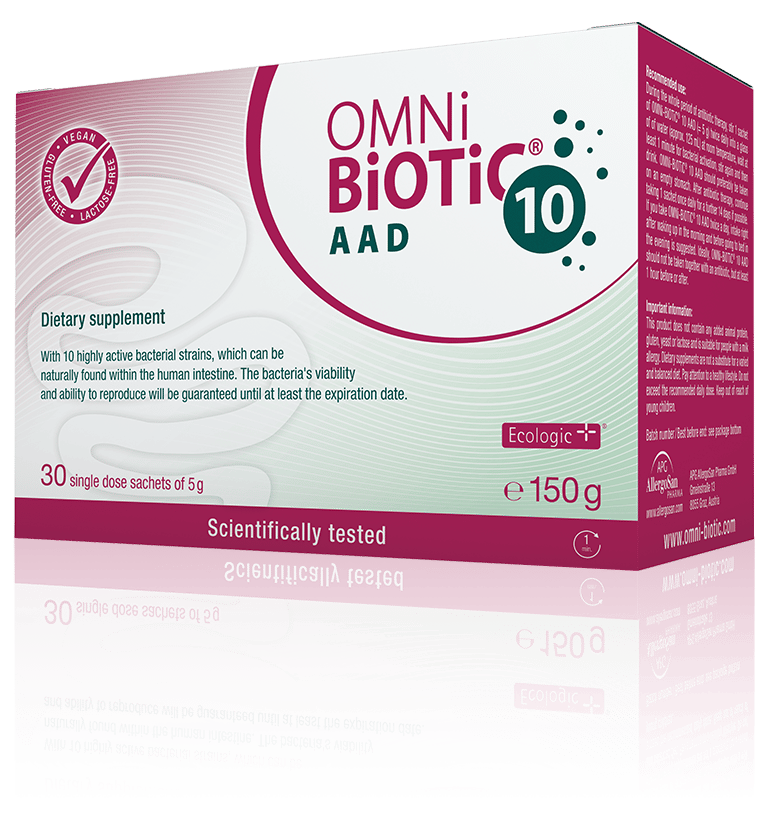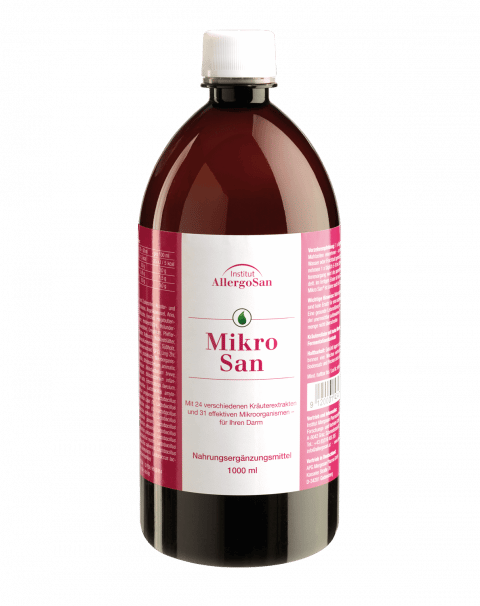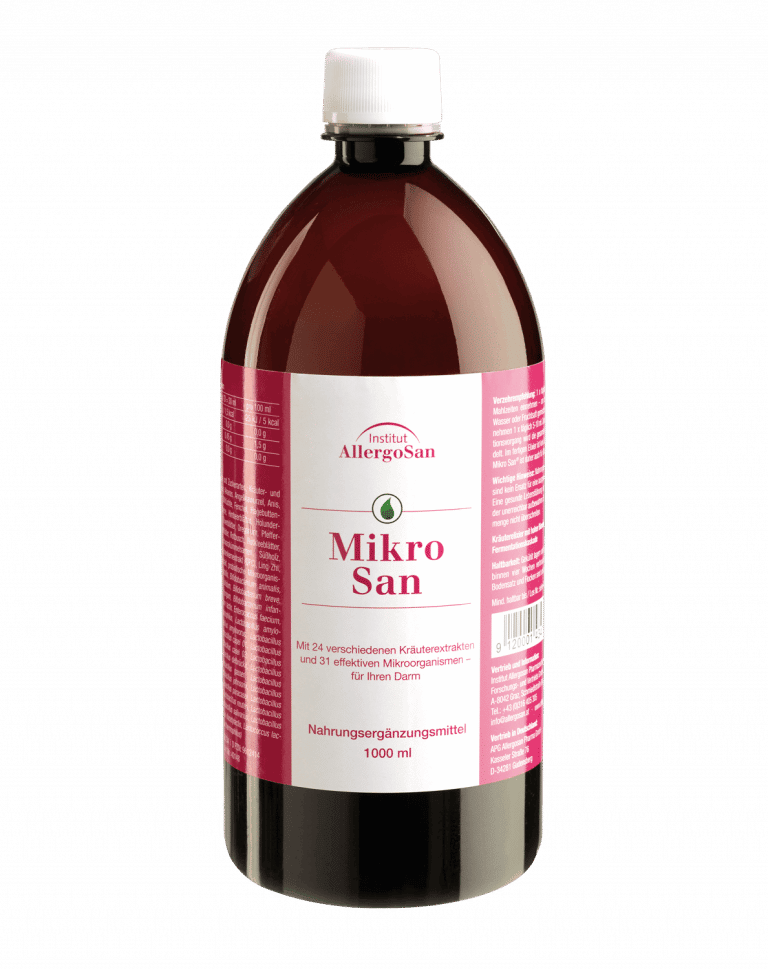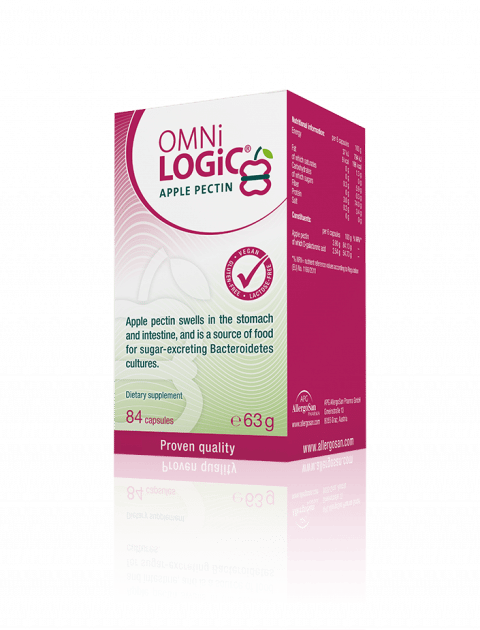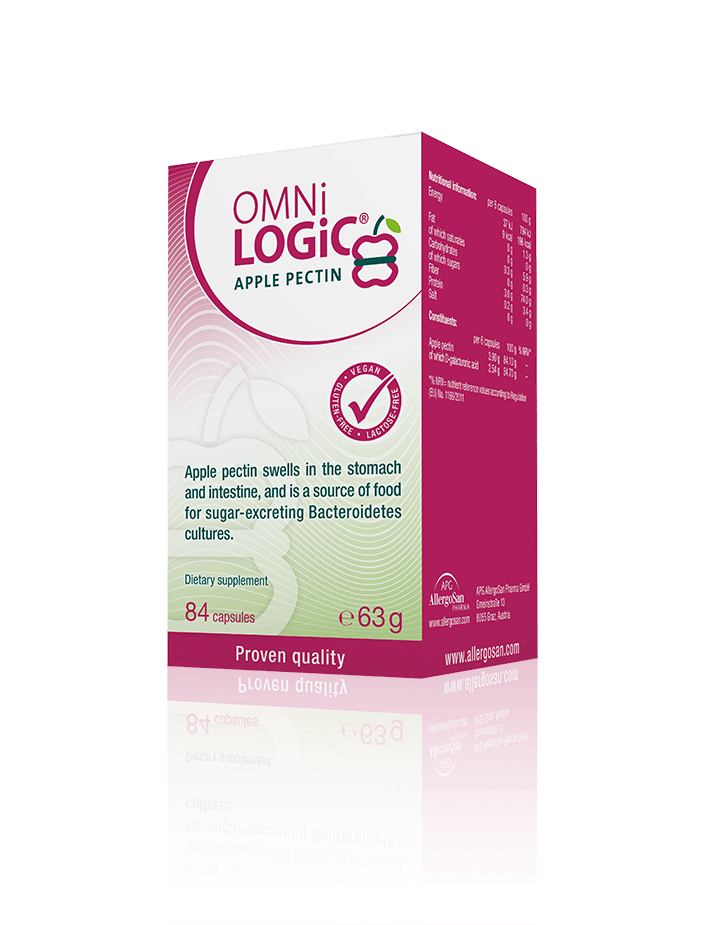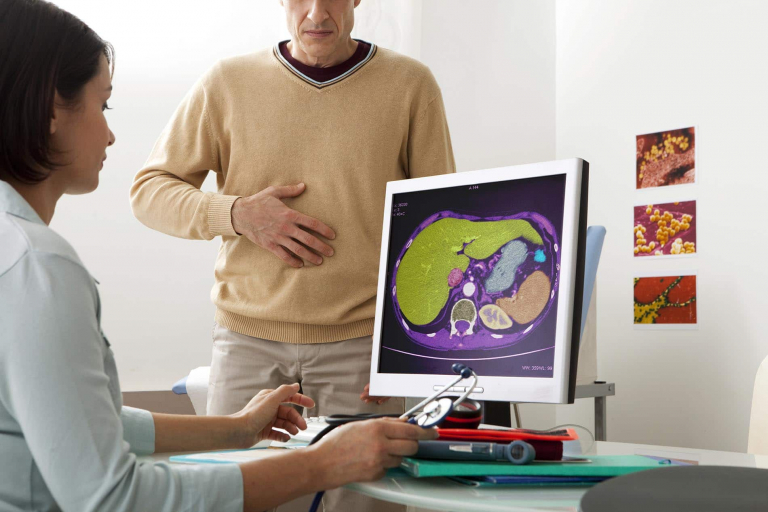
Probiotics and traveller’s diarrhoea
Besides a change of climate and foreign foods, stress also plays a role during a trip abroad. Real traveller’s diarrhoea, which affects up to 50% of long-distance travellers, can become a real problem if it turns into chronically occurring complaints such as irritable bowel syndrome. The timely intake of probiotics can prevent such problems.
Foreign germs are a burden on the digestive system during travels. Our gut often reacts to this with constipation, flatulence, or in the worst case with traveller’s diarrhoea. Diarrhoea is defined as 3 or more unformed bowel movements per day with simultaneous gastrointestinal symptoms. A great many long-distance travellers are affected by “Montezuma’s revenge” and instead of spending their holidays at the beach they remain tethered to the nearest toilet. Up to 70% of those affected also suffer from complaints such as painful bowel movements, 30-45% suffer from nausea and/or vomiting, and up to a quarter additionally develop a fever.
The cause: ETEC and Co.
By far the most common cause of traveller’s diarrhoea are the so-called enterotoxin-producing strains of Escherichia coli; also known as ETEC bacteria. They are the cause of around 70% of diarrhoea which occurs during travel. This is due to the toxic substances they produce which have a damaging effect on the gastrointestinal tract. However, normally such infections with ETEC strains are self-limiting. This means that after a certain time the body flushes out the pathogenic germs and their toxins by itself. Far worse problems can be caused by bacteria such as Salmonella, Shigella, Listeria, and various types of Campylobacter. These bacteria may only be the cause of roughly 20% of all cases of traveller’s diarrhoea, but these bacteria directly attack the gut mucosa and damage it. This way they can in some cases enter the blood stream and so even reach other organ systems. Cases of traveller’s diarrhoea caused by viruses and parasites are far less common.
A problematic “holiday souvenir”
Roughly 10% of people who suffer from traveller’s diarrhoea still have massive gastrointestinal problems long after they are back from their travel destination: Besides recurrent, partly explosive, diarrhoea episodes, other complaints can arise such as post-infectious irritable bowel syndrome or chronic inflammatory bowel diseases (e.g. ulcerative colitis or Crohn’s disease). An effective defence against Salmonella and co has been lacking up till now. Oftentimes, antibiotics are used as a treatment for traveller’s diarrhoea; yet this comes with numerous risks: If the pathogenic germ isn’t determined by microbial diagnostics then the wrong antibiotic is often chosen and this may lead to the infection of others and the spreading of disease. Furthermore, antibiotics can by themselves already cause diarrhoea (antibiotic-associated diarrhoea) and give pathogenic germs such as Clostridium difficile an advantage. Uncareful, uncritical application of antibiotics can in general lead to problematic antibiotic resistances. Therefore, antibiotic agents should generally only be used sparingly and purposefully.

Cautiousness is better than hindsight
It is by all means reasonable not to wait and see if traveller’s diarrhoea will “strike” again only to then treat it. Instead, it is far more sensible to take prophylactic measures. Besides hygiene measures (only eat cooked or peeled food, drinks should only be consumed from bottles, etc.) it is highly advisable to start taking probiotics or synbiotics (=probiotic + prebiotic) early enough – that means already at the beginning of the trip or even many days before. As the regionally occurring germs depend strongly on the travel destination, it is advisable to favour a product with many different probiotic bacterial strains instead of a single bacterial strain: Various “good” species of microorganisms can also fight off various bad germs. Furthermore, a high number of probiotic bacteria increases the chances that they will colonise the human gut sustainably, thus providing long-term protection against pathogenic species and strengthening the gut mucosa.
Travelling with probiotics
A synbiotic, specially developed for long-distance travellers, with 7 scientifically tested bacterial strains and a specially balanced prebiotic compound was recently tested. An observational study with 264 travellers was carried out to assess the product’s ability to prevent traveller’s diarrhoea and reduce the severity of symptoms in subjects who were already suffering from such complaints. Despite the fact that many subjects travelled to high-risk countries (with 50% or higher chance of developing traveller’s diarrhoea), only 12% of the subjects taking the probiotic showed symptoms of traveller’s diarrhoea. In Egypt, the country with the highest risk of developing traveller’s diarrhoea (≥ 80%), over 90% of the travellers were protected by the synbiotic. Furthermore, pre-existing gastrointestinal complaints (constipation, flatulence, and diarrhoea) improved in 95% of the affected persons. The major factors of success of this modern, scientifically proven, synbiotic are the exact selection of the bacterial strains (Lactobacilli, Lactococci, and Bifidobacteria), making sure that the different strains harmonise with each other, and their heat-stability of up to 40 degrees Celsius (which isn’t the case with most simple probiotic products). The research results show that the prophylactic intake of synbiotics for travelling is clearly recommendable – especially to also prevent complications such as functional bowel diseases.

